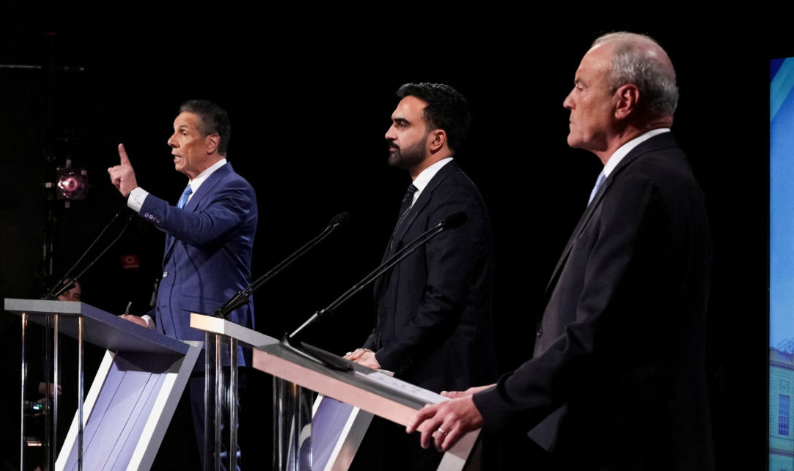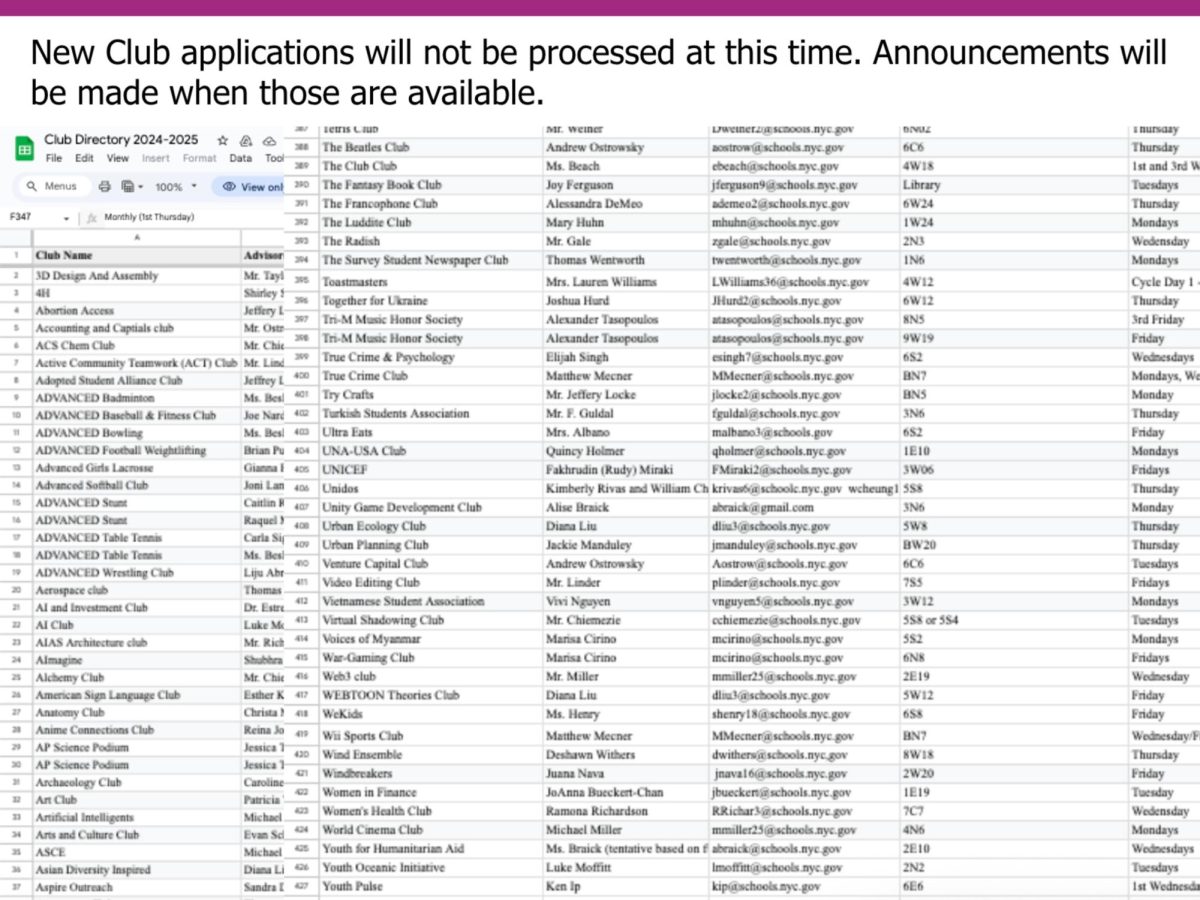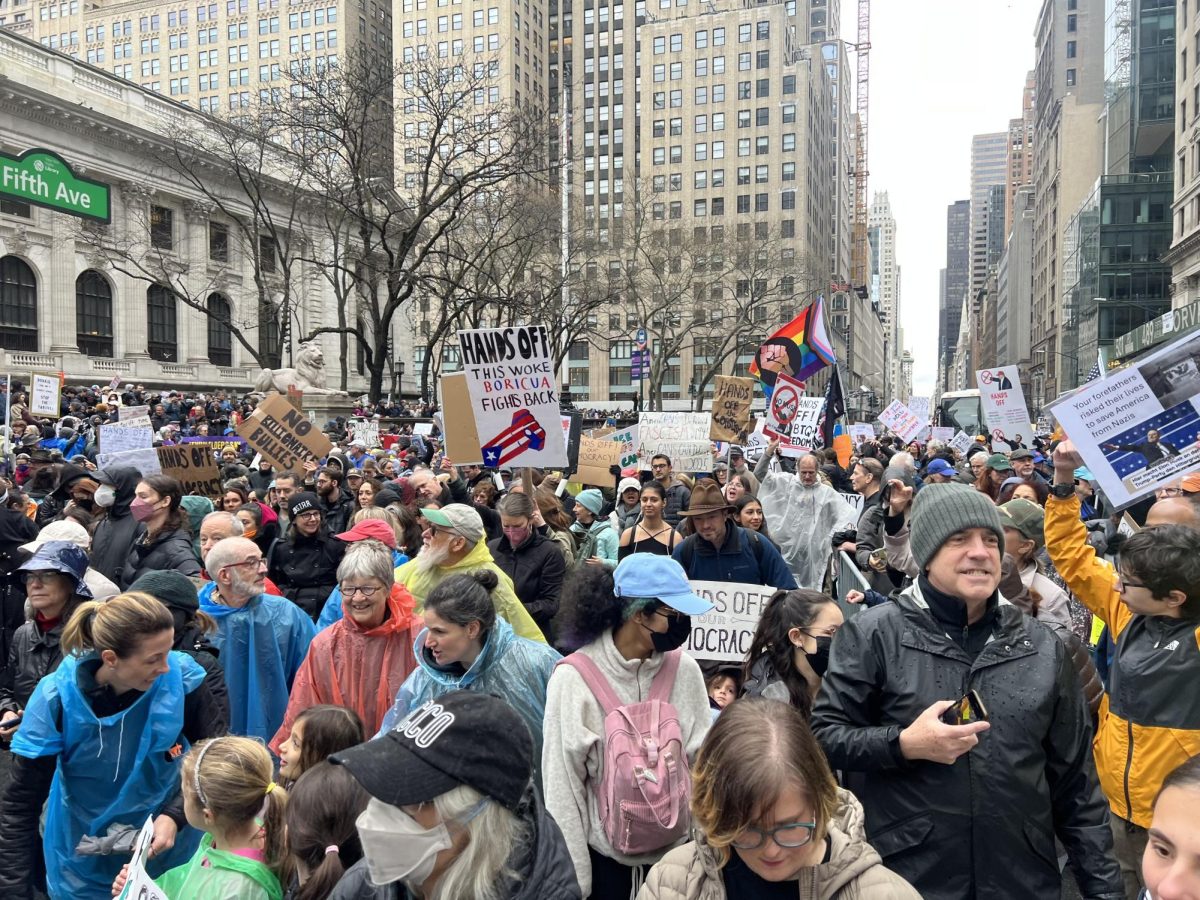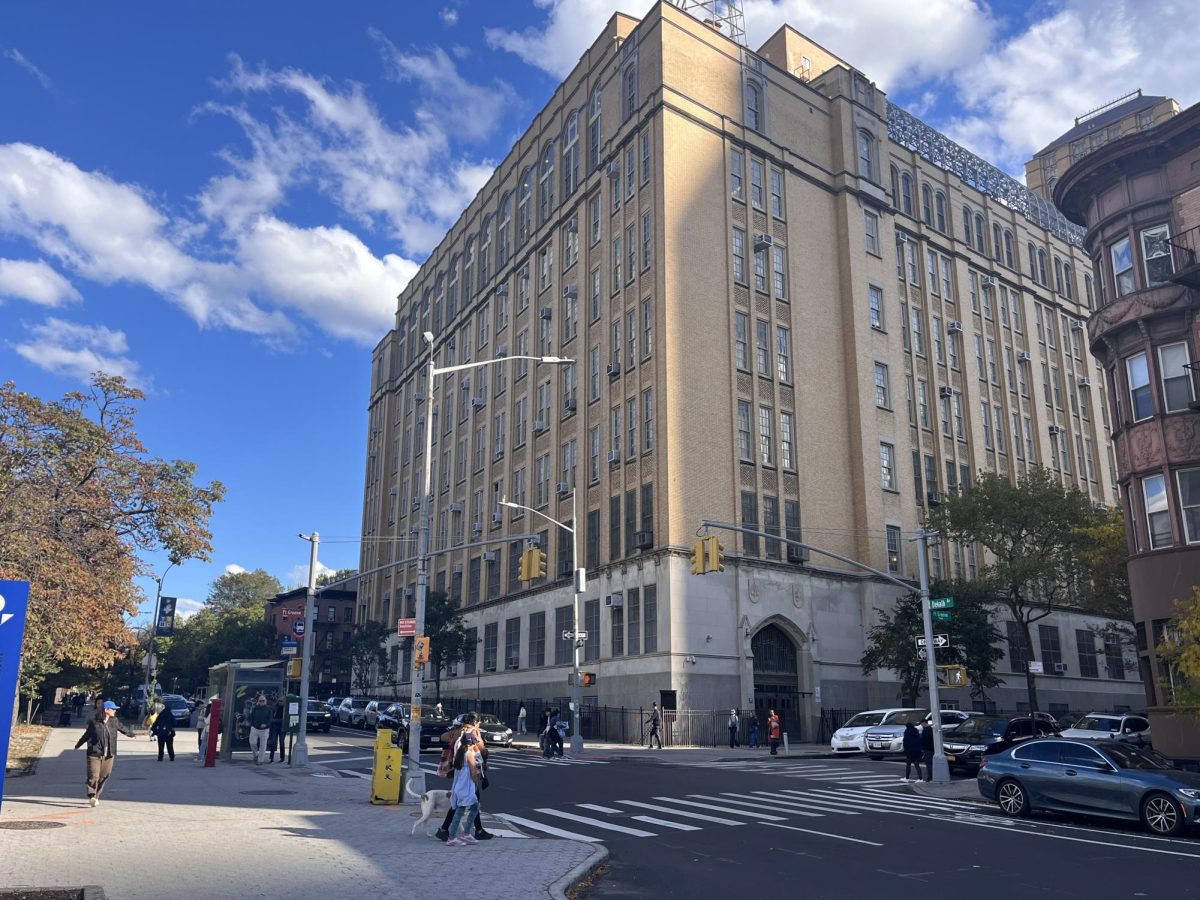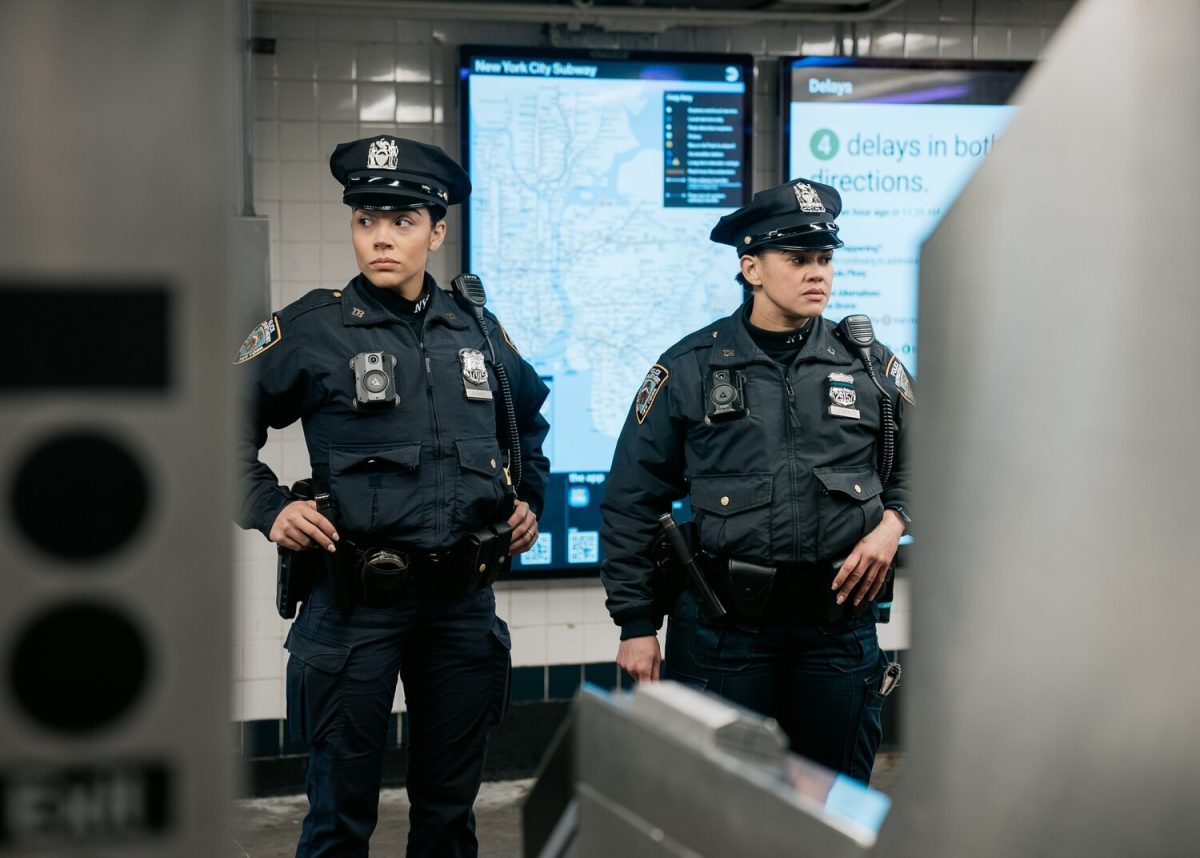In January of 2024, the New York City council overrode Mayor Adams’ veto to pass the How Many Stops Act, which requires police officers in New York City to record the demographic information of individuals they stop, and the outcomes of those interactions. The act went into effect this summer, demonstrating the city’s increasing efforts at criminal justice reform, while also inviting its share of controversy.
The act came alongside the solitary confinement ban enacted on July 1st, which Adams also attempted to veto. However, the program’s first year data has not yet been released to the public.
Advocates of the act hope that it will bring accountability to the New York Police Department (NYPD), forcing them to provide data about their actions and increasing transparency. However, its opposition argued that it would slow down the police and limit their ability to do their job. Mayor Eric Adams said, “Police officers are forced to fill out additional paperwork rather than focus on helping New Yorkers.”
Police reform in New York began with a federal court ruling in 2013 that the NYPD’s Stop and Frisk policy violated the Fourth Amendment and unlawfully targeted Black and Latinx people. Following the ruling, there was a significant decrease in police stops.
However, NYC still struggles with racial bias across police stops. The American Civil Liberties Union (ACLU) recorded the demographics of stops and found that there were continuous disproportionate stops of people of color. The ACLU found that in 2023 60% of stops were of Black people, while only 5% of stops were of white people.
Within the Tech community, there is a fair amount of support for the How Many Stops Act. In a poll conducted prior to its enactment, 77% of Tech students said that they believe police should record data about all stops they perform.
“The police are there to serve and protect the community – their actions should be fully transparent,” explained Criminal Law teacher Mr. Jeffery Locke. He feels that the act should deter racially biased stops, but that it is a “slow process” towards progress.
Prior to the enactment, Nicolas Wiedemann (‘26) argued that the act “is a step towards ensuring that civilians are kept safer from the police.” He believes that “in many ways, the police as an institution is pretty beyond reform.” When asked if reporting data is important, Wiedemann responded that “this is part of the entire purpose of the job” and that the act is “still a step” in the right direction for police.
Following the act’s ratification, Wiedemann said, “What Eric Adams said was going to happen was wrong.” Wiedemann explained that the police are still able to perform their duties while collecting data. Wiedemann has found that there were no noticeable effects in his own daily life, but still maintains his belief that the act is necessary.
Although the act could have larger ramifications on the city, Mr. Locke predicts that “it would[n’t] have an effect on current Tech students.”
Wiedemann is glad that the data will be coming out to the public, and hopes that it will be part of a greater movement towards fair policing.
“We train police officers a lot less than in other countries,” he shared. This is a problem that Wiedemann hopes is addressed in the next steps of police reform.
On the contrary, there are some students who oppose the act. Justyn Rodriguez (‘27) predicts that the data will have a negative effect. Rodriguez fears that the data gathered will contribute to the narrative that “white people just commit less crimes,” rather than shedding light on police biases. Rodriguez also argued, “[the How Many Stops act] feels like a pseudo-stop-and-frisk” because the data collection requires more questioning of those who are stopped.
AP United States Government and Politics teacher Ms. Allie Carter believes that this sentiment should be applied more broadly.
“Accountability with any person who is a public official, whether that’s a politician, whether that’s a civil servant, such as a police officer, is important, and what the [United States] was founded on,” she emphasized.
“You always have to look at both sides when you’re considering what’s causing someone to either implement policy or have some questions about the implementation,” commented Ms. Carter. Regarding the potential effects of this act, Ms. Carter added, “[There is] no way of knowing until we have the data here.” Soon, the first batch of data from the act will come out to the public and potentially inform more changes or adaptations to the NYPD.

